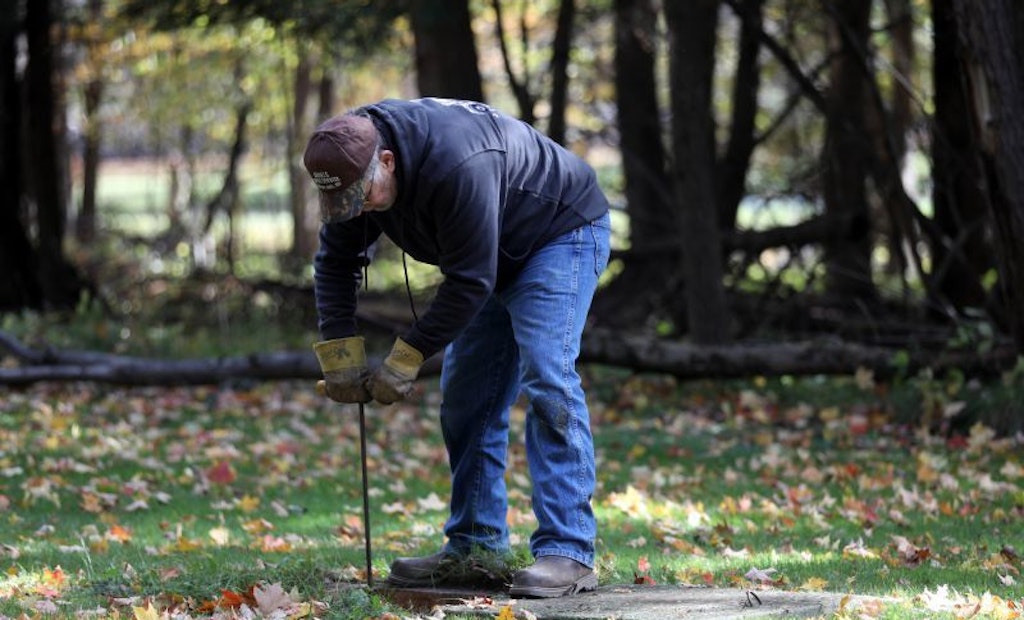Interested in Onsite Systems?
Get Onsite Systems articles, news and videos right in your inbox! Sign up now.
Onsite Systems + Get AlertsA recent study of onsite septic systems in southwestern Wisconsin is shining a light on the importance of proper maintenance, backing up all the things you tell your customers about following the rules.
The Southwest Wisconsin Groundwater and Geology study kicked off in 2018, and it’s testing hundreds of private wells in Grant, Iowa and Lafayette counties for the effects of failed septic systems nearby.
In phase one of the study, researchers tested wells for bacteria or nitrates. The first round of testing showed that 42% of wells exceeded health standards, while another round of testing found 27% exceeded standards.
In the second phase, researchers looked at 34 of those contaminated wells and found fecal contamination in 25 of them. Next, they tested those 25 contaminated wells to determine whether the fecal matter was human and found the presence of human fecal matter in 14 of the wells.
Lynda Schweikert, Grant County sanitation administrator, tells Wisconsin Public Radio that seeing wastewater contamination in private wells is becoming more common.
“Seeing the human fecal contamination being the majority of the last two testings, we are looking at our maintenance program and making sure everyone is following the rules,” she says. “Even though we’re waiting for all four of the rounds to be complete, there are some steps that are being taken to look and see if there are things we can do right now.”
Four rounds of testing are planned, according to Mark Borchardt, U.S. Department of Agriculture microbiologist and author of the study. And the study’s final phase will focus on land use and the region’s geology to get a better handle on what is causing the contamination, as some of it is likely related to agricultural runoff.
“We’ll be spending a good part of 2020 doing statistical modeling relating land use to the probability or the likelihood of a well being contaminated,” Borchardt tells WPR.
Schweikert says homeowners convince themselves their septic systems are fine as long as wastewater isn’t backing up into the house. But that’s not always the case. “The downfall of our septic systems is it’s out of sight, out of mind,” she tells WPR.
She recommends that homeowners have their septic systems checked thoroughly every three years and keep up on cleaning filters, fixing soil compaction issues and addressing any ponding happening in the drainfield.






